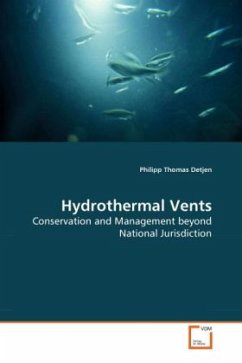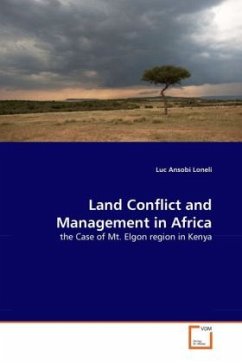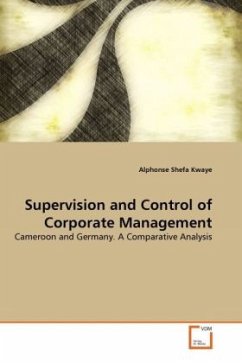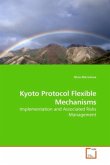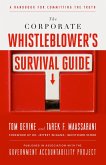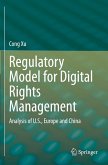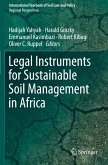The conduct of human activities around deep sea hydrothermal vent ecosystems is largely unregulated and thus inviting researchers to exploit the unique genetic wealth of the abyss. Unregulated and freely accessible resources will suffer from unsustainable use and overexploitation, leading to another "tragedy of the commons". This work will analyse the legal situation regarding human activities and the legal status of the resources by focusing on genetic resources associated with hydrothermal vent ecosystems. The result is, that the resources are freely accessible and that human activities are only slightly regulated. In order to fill the regulatory gap several suggestions for a new regime will be outlined and analysed. Although the focus of this text is on hydrothermal vents, most of the findings can be used for the discussion of conservation and management of other deep sea features such as seamounts, coral reefs and ocean trenches.

